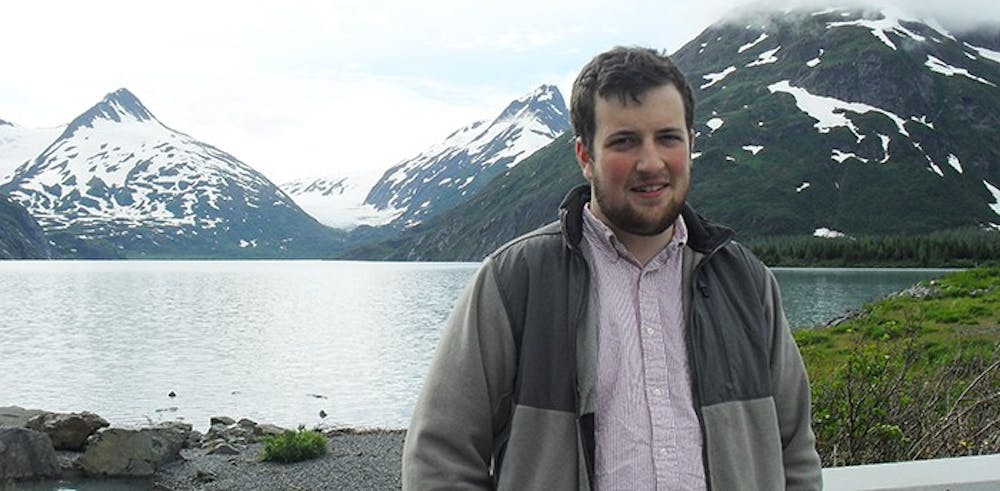This summer, Stewart Engart learned that the birds and the bees really can give the best advice.
Engart, a UNC senior composition major, attended “Composing in the Wilderness,” a field seminar through the U.S. National Park Service and Alaska Geographic that takes nine participants to draw musical inspiration from Alaska’s famous wilderness.
Trained by professionals in Denali National Park and Yukon-Charley Rivers National Preserve, the group learned to channel different sounds and sights into a musical piece for assigned ensembles. Engart, who was assigned a string quartet plus oboe, said he drew most of his inspiration from the parks’ tranquility.
“I tried to convey the sense of peace I felt when I was there,” he said. “I’ve spent every summer working and being very busy — this was peace.”
Other program participants ranged in age and skill level — from undergraduate students to professors with their doctorates in composition. Although Engart had less experience than others, he held his own and produced a very worthwhile piece, said workshop leader and adventure-composer Stephen Lias.
“Of all our participants, I would include Stewart’s among the strong pieces,” he said. “He has the ability to take an experience and create something musical — that’s not something everyone can do. It requires a special sensitivity and intellect, and I think he did a great job with that.”
Stewart’s potential, said composition professor Allen Anderson, might stem from his eccentricities.
“Ideas will occur to him that won’t occur to others,” Anderson said. “(His eccentric streak) has made him infuse his compositions with devices and ideas that grow to be provocative and musical.”
A central idea to his composition came from a mother bear and her cub.



